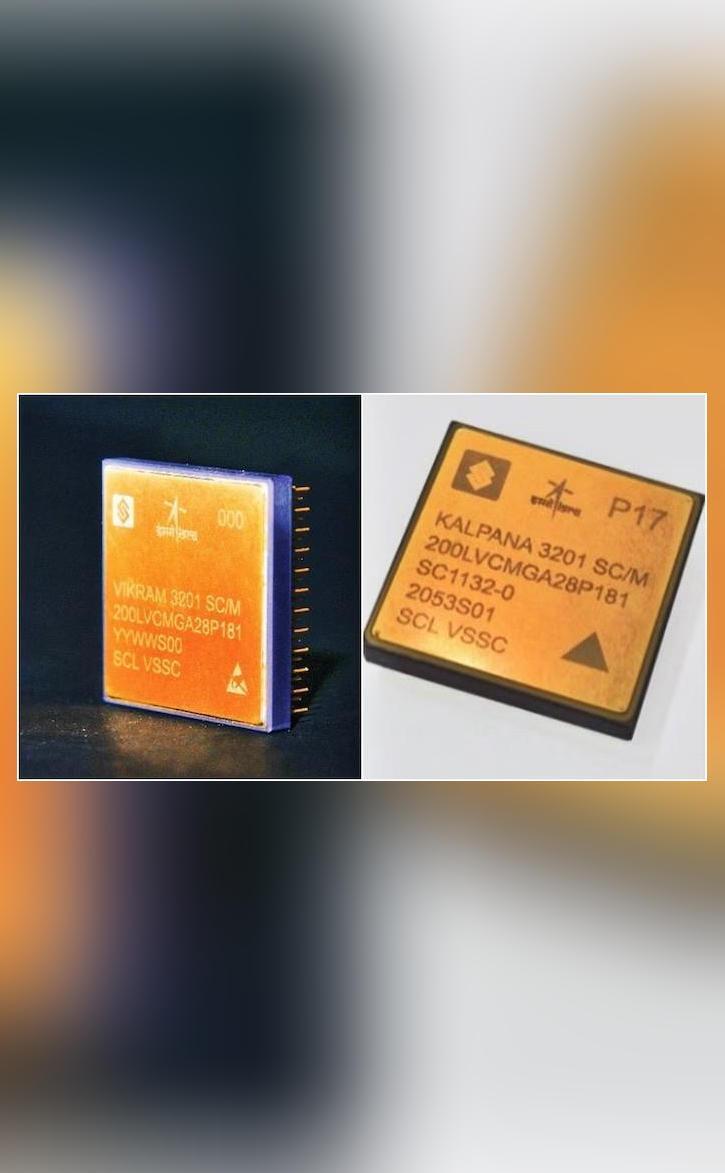
ISRO & SCL Develop 32-bit Microprocessors for Space Applications
The Indian Space Research Organisation (ISRO) and the Semiconductor Laboratory (SCL) in Chandigarh have achieved a significant milestone in the field of space technology by jointly developing two 32-bit microprocessors, VIKRAM3201 and KALPANA3201. These microprocessors have been designed specifically for use in space applications, showcasing India’s capabilities in developing cutting-edge technology for the space sector.
VIKRAM3201 is the first fully “Make-in-India” 32-bit microprocessor that has been qualified for use in the harsh environmental conditions of launch vehicles. This achievement is a testament to India’s growing capabilities in developing indigenous technology for space exploration. The microprocessor has been designed to operate in extreme temperatures, radiation, and vibrations, making it suitable for use in space missions.
The development of these microprocessors is a significant step forward for ISRO, which has been working towards increasing the indigenous content in its space missions. The use of these microprocessors will enable ISRO to reduce its dependence on foreign technology and components, thereby increasing the reliability and efficiency of its space missions.
The VIKRAM3201 microprocessor has been designed to operate at a frequency of up to 100 MHz and has a instruction set architecture that is compatible with existing software. It has a bus interface that supports multiple peripherals, including memory, serial ports, and Ethernet interfaces. The microprocessor also has a built-in watchdog timer and a power management unit that helps to reduce power consumption.
The KALPANA3201 microprocessor, on the other hand, has been designed for use in spacecraft and satellites. It has a higher frequency operation of up to 200 MHz and has a larger memory capacity than the VIKRAM3201. It also has additional features such as a GPS interface and a CAN interface.
The development of these microprocessors is a result of the collaborative effort between ISRO and SCL. SCL, which is a leading semiconductor research and development organization in India, has played a key role in the design and development of the microprocessors. ISRO, on the other hand, has provided the necessary resources and expertise to ensure the development of microprocessors that meet the stringent requirements of space applications.
The use of these microprocessors in space missions will have several benefits, including reducing the cost of space missions, increasing the reliability of space systems, and enabling India to develop its own space technology. The development of these microprocessors will also create new opportunities for Indian industries to participate in the space sector and will help to increase the country’s capabilities in space technology.
In conclusion, the development of the VIKRAM3201 and KALPANA3201 microprocessors by ISRO and SCL is a significant achievement for India’s space program. These microprocessors have been designed specifically for use in space applications and have been qualified for use in launch vehicles and spacecraft. The use of these microprocessors will help to increase the indigenous content in ISRO’s space missions and will enable India to develop its own space technology.
Source:






